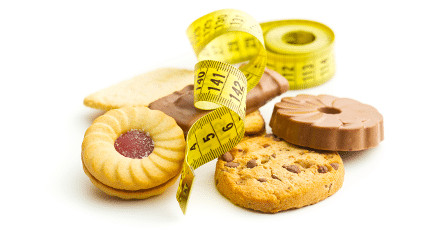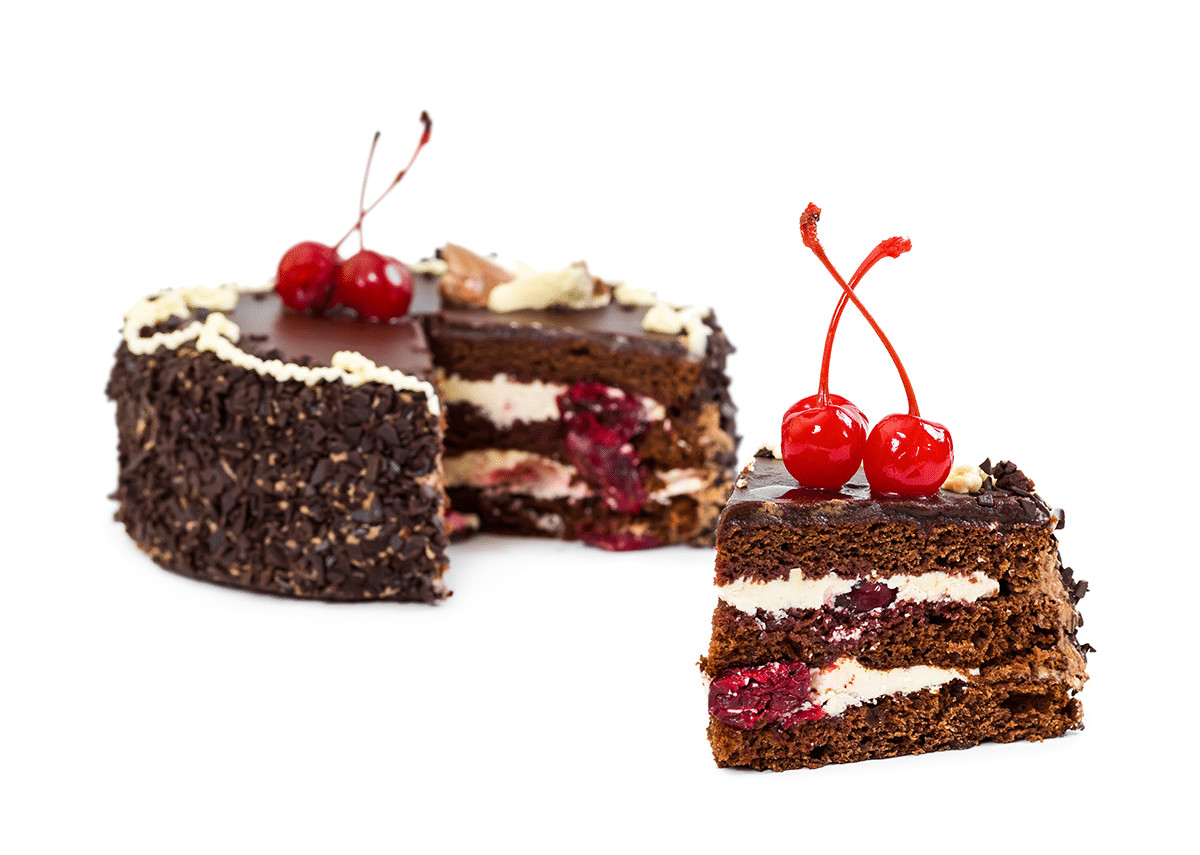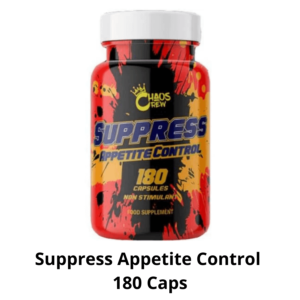
Why cheat meals are important for weight loss?
 Why cheat meals are important for weight loss?
Why cheat meals are important for weight loss?
Many claims that the reduction diet is a time when you should not allow yourself even the slightest exceptions and follow the detailed dietary recommendations. A cheat meal is a well-known part of the diet, which is used by many athletes, mainly bodybuilders. What is it and why does it help in reduction? You will find the explanation below.
Cheat meals – what are these?
A cheat meal is an exceptional meal during a diet consisting of one, favorite dish. If you decide to include it in your diet, you should remember that it should be a substitute for a standard meal. Importantly, it may be an athlete’s favorite dish, even if it is not 100% healthy. For this reason, even in the most restrictive diets, there are fast foods: pizzas, hamburgers, but also delicious lunches or sweets.
This form of diet is especially recommended for people who are during the reduction period and want to burn off superfluous fat tissue as much as possible. As a result, they can make a small break from the diet and, at the same time, do not have to be afraid that the effects worked out so far will go to waste.
Why is cheat meal so important?
Introducing a reduction diet, that is, a negative calorie balance is a huge thing for the body. Usually, it slows down the metabolism, hunger increases, and what is important, a large part of the mass is devoted to extracting energy for the body to work. Providing inadequate amounts of calories to the body causes the thyroid gland to slow down metabolism in small steps. Experts estimate that during this time, hormone levels can drop by up to 30%. Providing a cheat meal can be helpful.
Once a cheat meal occurs, the thyroid is stimulated to continue to function properly. This small trigger boosts the metabolism but also strengthens muscle anabolism.
Consuming extra meals also has a positive psychological effect. A few days of keeping a healthy diet is not difficult for anyone. Maintaining it for several weeks is already a challenge, especially for people who like to enjoy the taste of unhealthy snacks. Possibility of having a cheat meal can be treated by the body as a kind of reward for following the rules of the reduction.
Is cheat meal likely to ruin the effects so far?
 Introducing the cheat meal is not easy. Many people misunderstand this option and understand it as “eat what you want and how much you want”. Unfortunately, this is not how it works. A cheat meal is not meant to be an extra meal, but a replacement for a standard dish. Not following this rule properly can lead to too many calories. Athletes are well aware of the fact that it is important not only to check the number of calories consumed each day but also each week. This is easy to explain by example. An athlete who eats 3500 calories every day and decides to have a cheat meal with an energy content of 5000 calories provides a much greater supply of calories to the body than expected. This may result in unsatisfactory reduction effects.
Introducing the cheat meal is not easy. Many people misunderstand this option and understand it as “eat what you want and how much you want”. Unfortunately, this is not how it works. A cheat meal is not meant to be an extra meal, but a replacement for a standard dish. Not following this rule properly can lead to too many calories. Athletes are well aware of the fact that it is important not only to check the number of calories consumed each day but also each week. This is easy to explain by example. An athlete who eats 3500 calories every day and decides to have a cheat meal with an energy content of 5000 calories provides a much greater supply of calories to the body than expected. This may result in unsatisfactory reduction effects.
Planning a cheat meal requires the right timing as well. The beginnings of the reduction are not and never will be easy. This is a time when for the first few days, or even weeks, your body needs to get used to fewer calories. It is also a time when ideas for more and more fancy dishes come up inside the mind of a person on a diet. Achieving a large and satisfactory calorie deficit and keeping quite a long distance from the start of reduction is a great time to implement a cheat meal. It is worth remembering, however, not to start with these exceptions immediately after opting for reduction.
How often should you allow yourself a cheat meal?
Many athletes, but also those struggling to fight for a healthy and beautiful body, wonder how often they can introduce cheat meals to their diet? Specialists recommend their use, not more than once a week. Many experienced athletes, as well as trainers, encourage to include this meal in the diet in the form of a reward for keeping the diet all week long.
Too frequent use of the exceptions would not only make it difficult to achieve the goals, but most importantly it could have opposite effects and instead of reducing, lead to weight gain. In order to avoid unpleasant surprises, you should carefully plan the day of the reward. Moreover, it may not be a meal at home, but it may be an important event planned – a meeting with friends in a restaurant or any other.
How does cheat meal affect our minds?
 A cheat meal not only affects the physical functioning of the body but also has psychological aspects that are often overlooked. Well, introducing extra, tasty, and often favorite meals to the diet allows maintaining mental comfort and healthy thinking. As a result, maintaining the reduction is not an unpleasant duty – it becomes more enjoyable and, consequently, easier.
A cheat meal not only affects the physical functioning of the body but also has psychological aspects that are often overlooked. Well, introducing extra, tasty, and often favorite meals to the diet allows maintaining mental comfort and healthy thinking. As a result, maintaining the reduction is not an unpleasant duty – it becomes more enjoyable and, consequently, easier.
Additionally, applying cheat meals as a reward for a successful workout week is also a kind of motivation. It can drive you to action and makes the person on reduction have something to look forward to.
Psychologically, the use of dietary exceptions also has a positive effect on cortisol levels. It is a stress hormone, which negatively affects the functioning of the body at too high a level. Consumption of seemingly forbidden food allows to reduce it. The principle is simple – I will eat an extra meal – I am satisfied – the level of cortisol decreases. Unfortunately, it increases in stressful situations and during constant tension, for example, when a person feels like eating something, but is not allowed to eat it. This is extremely important when the body is exposed to chronic high levels of cortisol during the reduction stage. This is not only due to the negative caloric balance but also to the often high intensity of workouts. As a result, it can lead to water retention and slowing down the metabolism, which, in turn, will not help in reaching the desired results so easily and quickly.
Moreover, it is worth mentioning that charging with extra energy in the form of glycogen boosts power and increases energy for action. Sometimes one meal can significantly increase the intensity of the workout. As a result, the post-workout oxygen consumption factor, which belongs to the pro-metabolic group, is increased.




